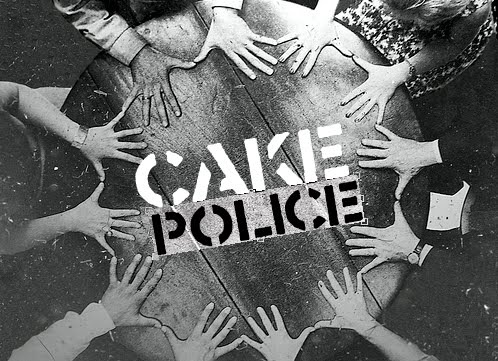"To circumscribe the contours of this radical rejection, one is tempted to evoke Badiou's provocative thesis: "It is better to do nothing than to contribute to the invention of formal ways of rendering visible that which the Empire already recognizes as existent." Better to do nothing than engage in localised acts the ultimate function of which is to make the system run more smoothly (acts such as providing space for the multitude of new subjectivities). The threat today is not passivity, but pseudo-activity, the urge to "be active," to "participate," to mask the nothingness of what goes on. People intervene all the time, "do something"; academics participate in meaningless debates, and so on. The truly difficult thing is to step back, to withdraw. Those in power often prefer a critical participation, a dialogue, to silence - just to engage us in "dialogue," to make sure our ominous passivity is broken. The voters abstention is thus a true political act: it forcefully confronts us with the vacuity of today's democracies.
"If one means by violence a radical upheaval of the basic social relations, then, crazy and tasteless as it may sound, the problem with historical monsters who slaughtered millions was that they were not violent enough. Sometimes doing nothing is the most violent thing to do."

No comments:
Post a Comment